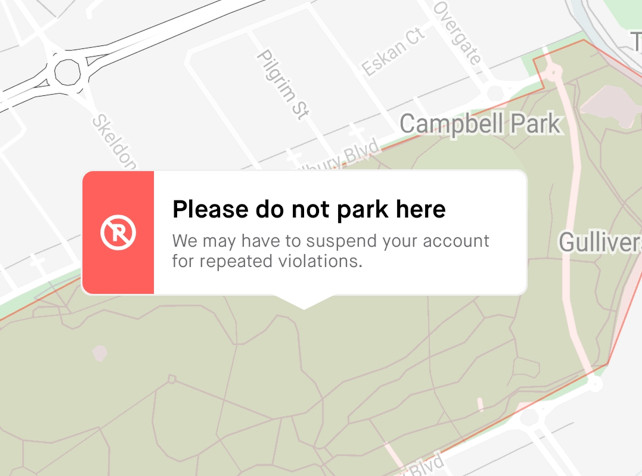
Tier, the German micromobility company, launched their “Tier Four” scooter and their “Energy Network” initiative at an event today in London.
Tier is one of around 20 companies vying to run escootershares in parts of the UK as part of the DfT trials, and so are keen to demonstrate the unique aspects of their offering to the market. They already operate a fleet of around 45000 escooters in 70 cities across Europe, which gives them considerable depth of experience.

The Tier Four escooter contains a number of innovations including user-operated indicator lights, a user-swappable battery, a wireless phone charger, and a foldable helmet contained within a secure box in the scooter, for optional, free use by a user. The helmet includes hairnets for cleanliness between users. The scooter is also designed for safety and comfort with a wide footplate, good lights, dual brakes and 12 inch wheels which both have suspension.

The Energy Network concept involves the operator installing a number of “Powerbox” charging units, containing four batteries, in local stores in a fleet area. Users can swap out their battery at these stores for a fully charged one, using their app to unlock the batteries. The challenge of course is finding a good network of stores willing to host the units and supply the power. If it works, it should cut down on regular operator journeys needed to retrieve scooters and change their batteries.

I took a good look at escooter at the launch and gave it a test ride around Potter’s Fields, by Tower Bridge. The scooter comes with a nice digital readout of the speed (topping at 20km/h in the demo area) and the phone mount means a map of exclusion zones and read-out of journey time should be straightfoward. The indicator buttons were a little hard to find but these are likely to be further refined before the Tier Four is rolled out into a publically accessible system.
Some technical notes:
- 700Wh battery
- 20km/h max speed (UK allows up to 25km/h)
- 100kg max load
- The formal model name is ES-400B
No word on a UK launch yet – talking to staff indicated that, despite the expedited trial process taking place, there are still many steps for local authorities and operators to complete before an operation launches here. But it’s a nice product and undoubtably a positive addition to potential options for urban travel. and I hope to see it in an appropriate UK setting soon.
Published in association with Zag.

